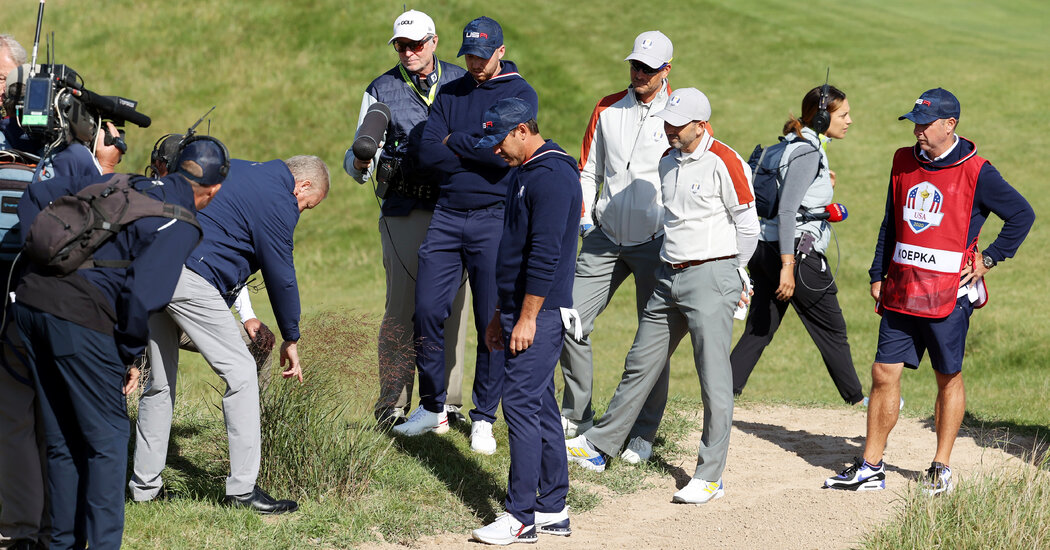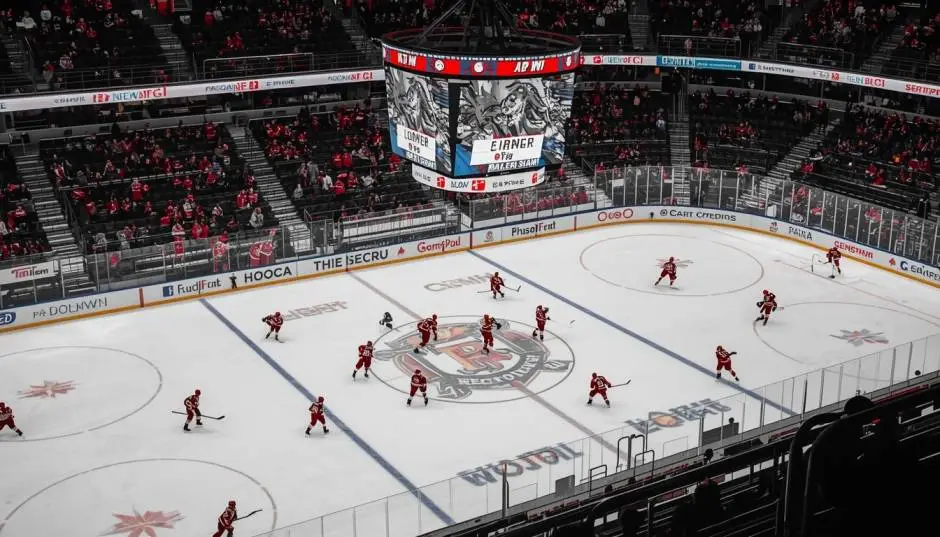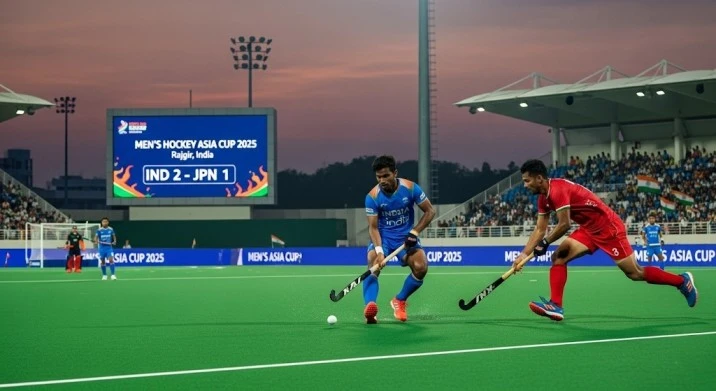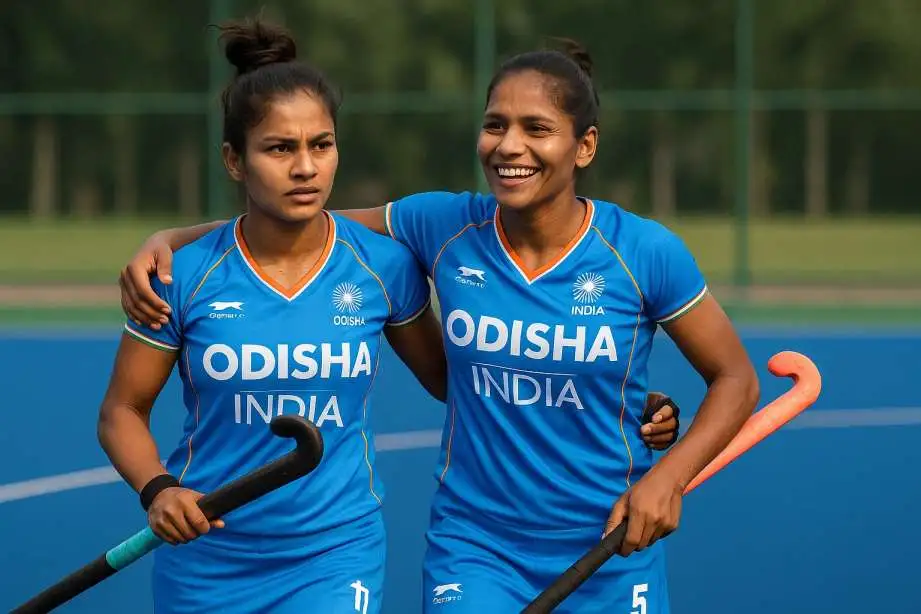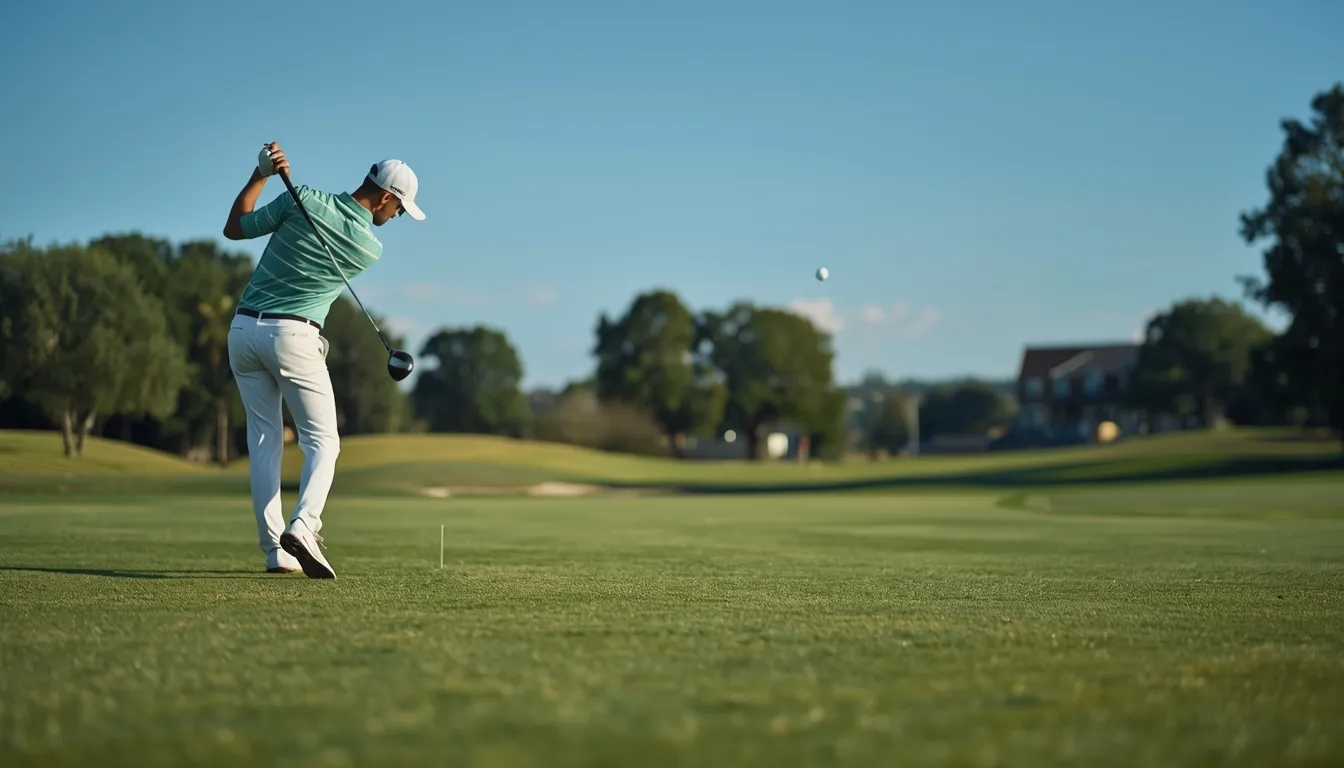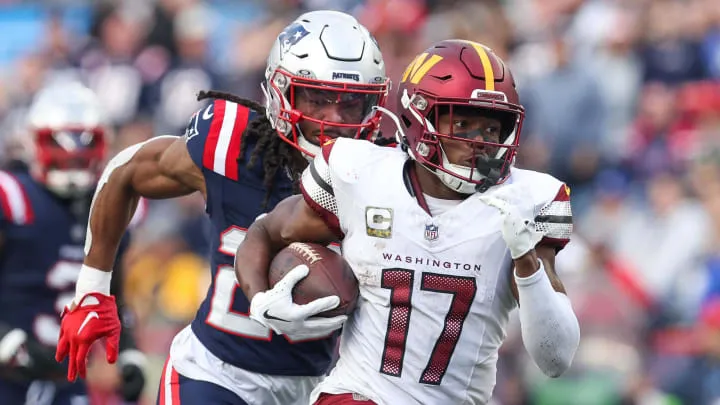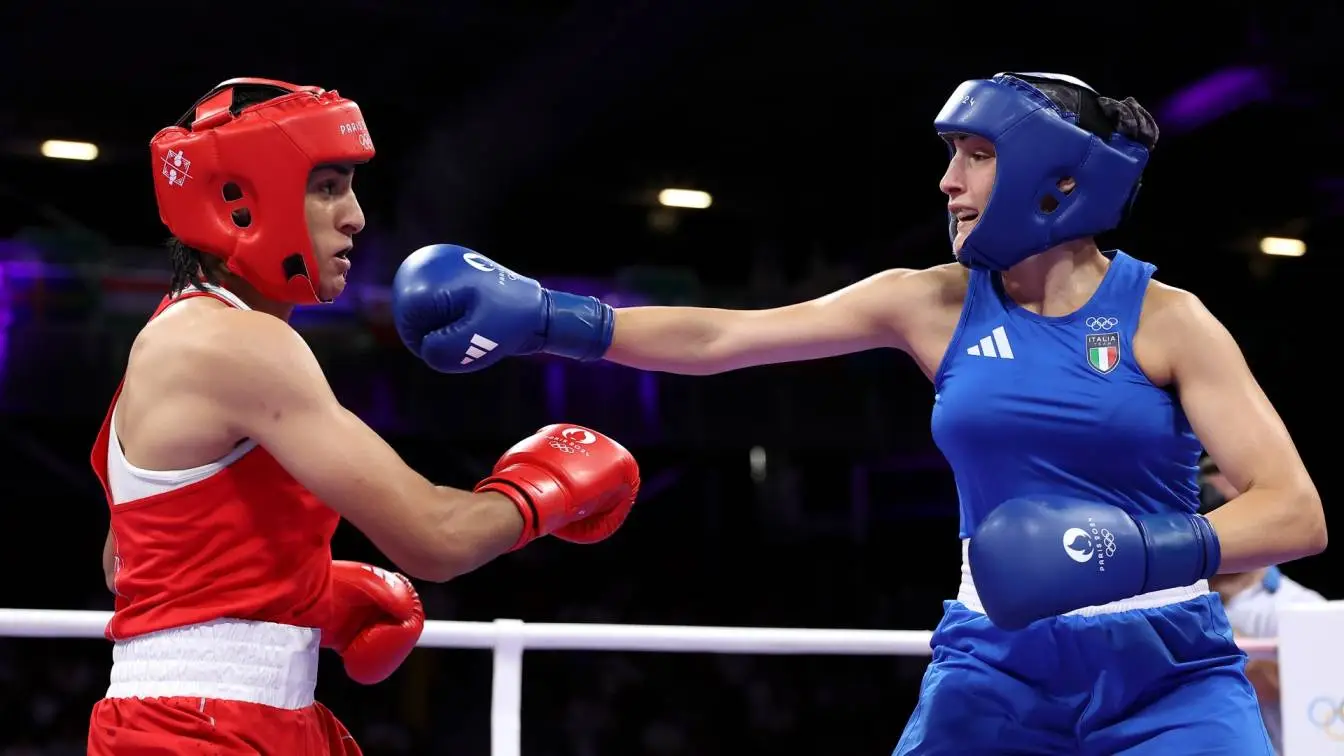The Americans were calmly overpowering the European side, but then things got testy.
HAVEN, Wis. — Golf is a game of decorum.
Except in the Ryder Cup, where some combination of pressure, patriotism and pride routinely leads players to engage in frisky gamesmanship, clash over rulings and stoke or shush fans if it gives them an emotional advantage.
This year’s Ryder Cup, however, was shaping up to be an exception to the usual peevishness. As the midpoint of the three-day event neared on Saturday, the American team was calmly overpowering the European side, whose golfers appeared lifeless and beaten. But that changed in the stretch of roughly one hour when there were four testy episodes involving players from both teams.
Brooks Koepka defiantly and profanely disputed the decision of two rules officials who declined to give him a free drop. His American teammate, Jordan Spieth, and the caddie for his European opponent Jon Rahm had an animated quarrel about the proper place for a drop after Rahm hammered a shot into Lake Michigan. Bryson DeChambeau and Shane Lowry each gestured with their putters in protest after short putts were not conceded, although DeChambeau’s putt was far lengthier.
Perhaps not by coincidence, what was looking like an American rout suddenly became a tight, taut contest. After the United States won three of four team matches on Saturday morning to take a six-point lead in the event, the European team stormed back in the afternoon and at one point appeared capable of winning three of those four matches.
But as the sun was setting along Lake Michigan in central Wisconsin, the Americans rallied to earn two victories that gave them a commanding 11-5 lead heading into Sunday’s 12 singles matches, which are each worth one point. The Americans would need to win only three and a half points on Sunday to win the Ryder Cup for just the second time since 2008.
Steve Stricker, the American captain, smiled broadly Saturday evening as he assessed his team’s chances.
“Those afternoon session matches were so important. If they blank us, they’re right back in it,” Stricker said of the European team. “But getting a split and two more points was really big. Right now, it’s about getting our guys some rest; we’ll get back to the hotel, eat and get into bed.”
Justin Thomas, the emotional leader of the United States team, would not predict victory but said, “All of us have the faith now.”
Sergio García, Thomas’s counterpart on the European side — at least when it comes to his leadership style — was not bowed.
“Everybody knows one thing: We’ll be out there until the end and we’re not going to give up,” García said of his team. “It’s going to be difficult, but I assure you we’ll give our best.”
The Saturday afternoon drama was enhanced by strong winds that whipped across Whistling Straits, the Pete Dye-designed course that is devilish even in benign conditions. Some players donned woolen winter caps in the elements and others were in short sleeves. The format for the matches was four-ball, in which each golfer plays his own ball and the lower score for a team decides the result on a hole.
Three of the four matches were hotly contested and one was not, as the undefeated American team of Dustin Johnson and Collin Morikawa cruised to a comfortable 4-and-3 victory against Rory McIlroy and Ian Poulter. The combination of McIlroy, who has played in six Ryder Cups, and Poulter, a stalwart and firebrand for the Europeans since 2004, has produced an 0-2 record. McIlroy has been on the losing side of each of his three matches.
The heavyweight showdown was between Spieth and his partner Koepka and the Spanish pairing of García and Rahm, the world’s top-ranked player who has been spectacular at this Ryder Cup. The Rahm-García pairing came into the match against Spieth and Koepka undefeated in their two previous matches. They did not trail in the match through 16 holes. Spieth, usually so reliable when facing pivotal putts, missed a handful of makeable birdie or par attempts that could have wrested the lead from Rahm and García, who won, 2 and 1.
Like Rahm and García, their teammates Shane Lowry of Ireland and Tyrrell Hatton of England held the lead or were tied with the Americans Tony Finau and Harris English through 17 holes. Still, with the European team’s hopes of a comeback on Sunday all but hanging in the balance, Lowry faced a 10-foot uphill par putt to win the match. With a steady, rhythmic stroke, Lowry drilled the putt in the center of the hole for a 1-up victory.
Not surprisingly, the most unpredictable and volatile match involved DeChambeau, who was teamed with Scottie Scheffler against Tommy Fleetwood of England and Viktor Hovland of Norway. While the lead was traded back and forth, after 14 holes the match was tied — until Scheffler sank an 18-foot birdie putt on the 15th green to give his team a one-hole edge. That lead was later extended, with Scheffler and DeChambeau eventually winning 3 and 1.
The Americans, who won five of eight matches on Friday, turned in another commanding performance in Saturday morning’s foursomes matches, in which players alternate hitting the same golf ball on a hole. The Johnson-Morikawa team led for its entire match against Englishmen Paul Casey and Hatton and eventually closed out a 2-and-1 victory. The poised Xander Schauffele and Patrick Cantlay methodically eliminated their opponents Lee Westwood and Matthew Fitzpatrick of England with a string of steady pars, winning the match 2 and 1.
Thomas and Spieth, who were teamed in a losing effort on Friday, were reunited with a more productive result when they came from behind against Hovland and Bernd Wiesberger, who had the edge in the first 13 holes of the match. But the Thomas-Spieth combo won four of the final five holes to claim a 2-up victory.

